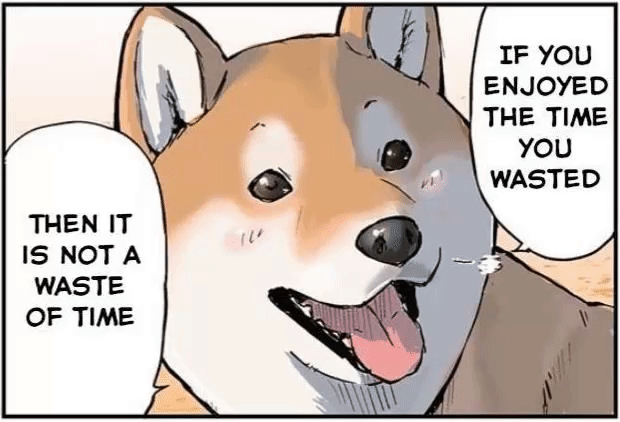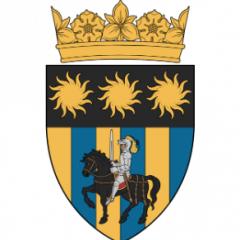Judicial Procedures of the Duchy of Brabant
-
Recently Browsing 0 members
No registered users viewing this page.
-
Popular Topics
-
Topics
-
Recent Status Updates
-
Options
Options
-
whatever balancing to crp is made will forever be eclipsed by average encounters and events taking literal hours out of ur day
No Recent Status Updates -
Options




(1).thumb.gif.736ae80ee0aa01cff1f4b3b94b76e069.gif)










Recommended Posts